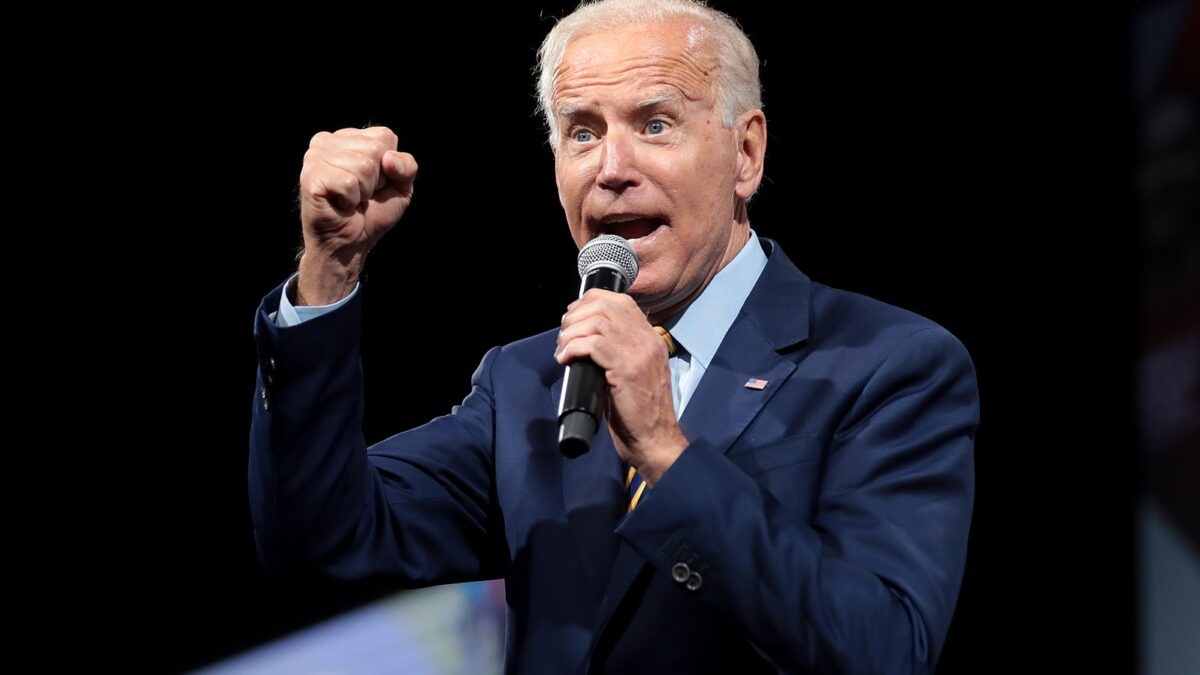
My medical training took place in the public hospital of downtown Miami, in the early 1990s. Our city at that time was a drug trafficking hotbed, and our trauma center was a coveted place for army surgeons to rotate, since it gave them invaluable experience in treating gunshot wounds night after busy night. Many victims were shot while committing a crime. Prison inmates were commonly treated in the rest of the hospital and outpatient areas. We even had a prison ward, which was highly secure and terribly dreary.
I was a young woman then, 23 or 24 years old, and looked younger. We were thrown into our work with almost no practical experience, the mantra being “See one, do one, teach one.” Sometimes we were given a pile of instruments, a few terse instructions, and sent into a room to perform minor surgery. Our patients were always poor, and many times were handcuffed felons. There was no question of ability to pay, and it was common to have an armed guard in the corner of the room, supervising the poor sufferer.
Trust: The Foundation of Medical Relationships
I learned something tremendous during those years: I learned what it meant to be trusted, and I learned to trust. On my entrance into the examining room, the eyes of the man on the stretcher would turn to me with perfect confidence. He didn’t have confidence in my experience, wisdom, or knowledge. But he had perfect faith that I would see him as my patient, meaning that restoring his physical health was my one object and concern. His social class, his financial status, even the handcuffs that showed he was violent and dangerous, would mean nothing to me. He would get the best care I could give him, because he was a human being, and my patient. That was our unspoken covenant.
On the other side of that understanding was safety and respect for me. In the nine years I spent in that hospital, not once was I treated with anything less than perfect courtesy. I never once felt any fear when left alone with a violent felon, many times my size. I could rely on them implicitly for civility and even gallantry.
This perfect mutual trust and respect is the doctor-patient relationship that everyone talks about. It is born of a culture of medical ethics that is many hundreds of years old. The Hippocratic Oath is one of the best-known Greek texts, and we recited it at our graduation, as most graduates do. From the oath: “Whatsoever house I may enter, my visit shall be for the convenience and advantage of the patient and I will refrain from doing any injury or harm… whatever may be the rank of those who it may be my duty to cure, whether mistress or servant, bond or free.”
A Mission to Bring Life, Not Death
To be a physician in this beautiful sense is to have one aim only in sight: to return our patient to health and to give him hope and comfort, sometimes simply by listening attentively to his woes. The value of the sufferer’s life is always infinite, and equal to all others, no matter how sick, dependent, or poor. The patient relies on this value judgment in the most vulnerable moment of his life: when pain possesses him and death stalks him.
The physician stands with all his power, mighty or meager as it might be, between the patient and death. The patient wholeheartedly depends on his doctor to do that for him. That is why the Oath has another sentence: “Nor shall any man’s entreaty prevail upon me to administer poison to anyone; neither will I counsel any man to do so.” It was well understood 2,000 years ago, as it is today, that the vocation of physician was a vocation to heal and comfort, a vocation to chase away death.
To make death by poison one of the arrows in the doctor’s quiver is to change the entire profession. How can a patient trust in his physician if death by prescription is just one of many routine management options, and perhaps the easiest and most cost-effective?
Corrupting Medicine Destroys It
You could say some of those patients in our hospital were utterly unloved, unwanted, and unnecessary. Some of them were a danger to society and a great burden on an overloaded “system.” Yet they were safe with their doctors and nurses, and they knew it. They could share the extent of their sufferings and did not have to be afraid to be seen in all their material worthlessness. No one would suggest to them that their life was not worth living, let alone give them 100 huge poison pills and talk to them about a compassionate choice.
Changing the laws to make physicians their patients’ executioners instead of their healers and comforters will utterly corrupt the sacred profession. The hospitals where our poor and vulnerable go for healing and hope will be just another place where they are valued cheaply, and their lives discounted.
Of course, that will be only one of the many ill results of Progressives’ superstitious fantasy that “change” is always for the better. Chesterton said it best: “As for our own society, if it proceeds at its present rate of progress and improvement, no trace or memory of it will be left at all.”








